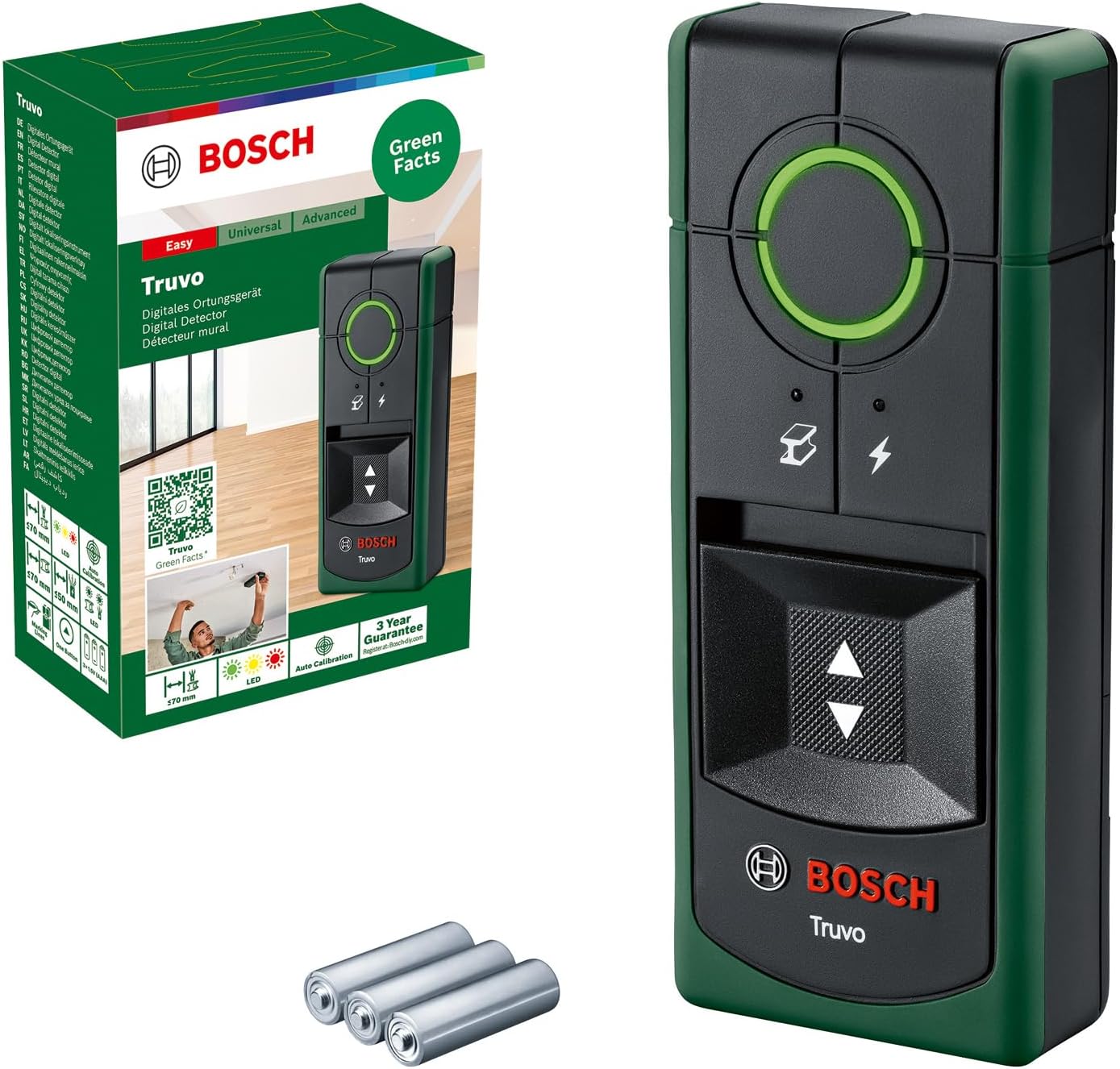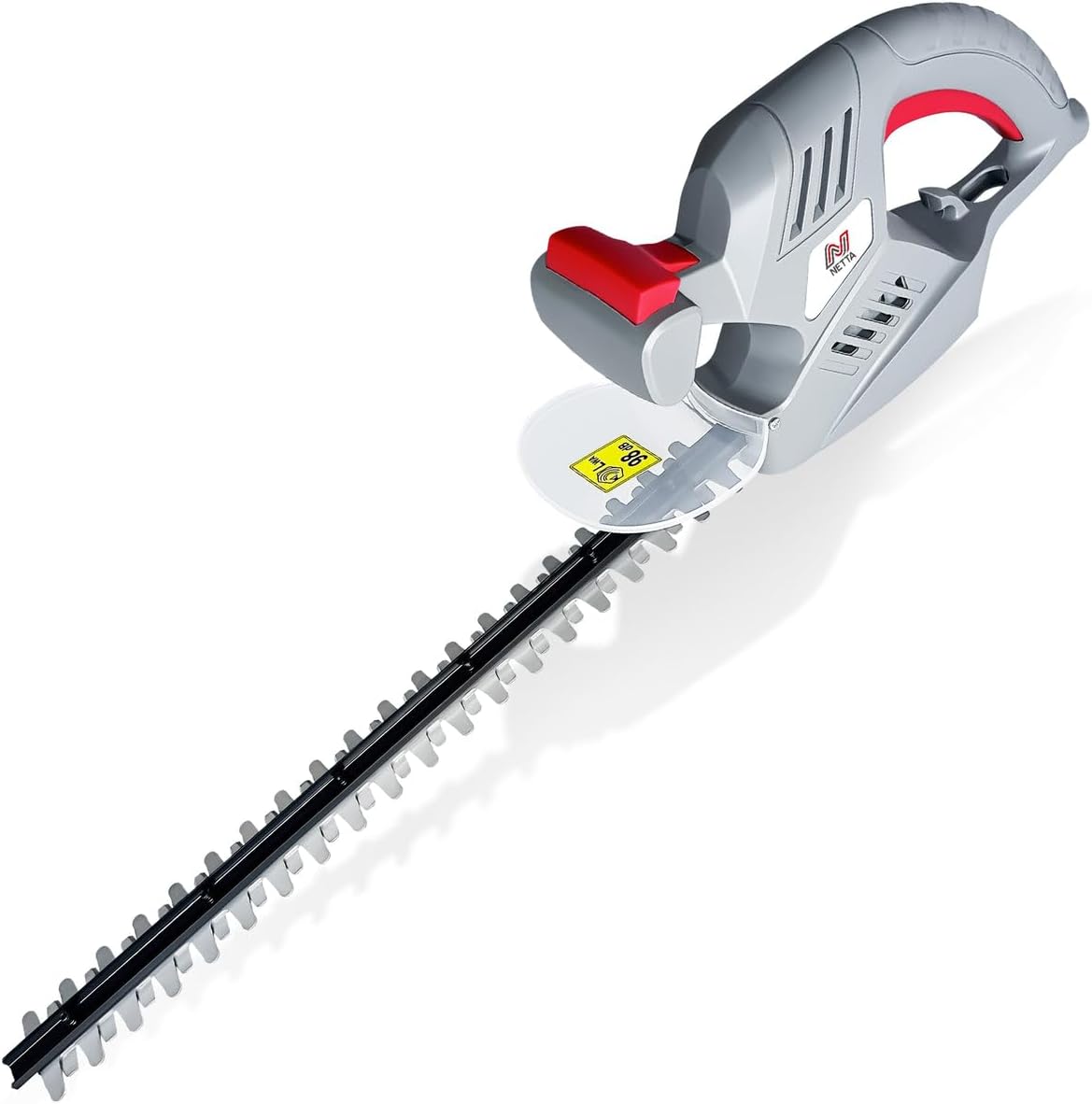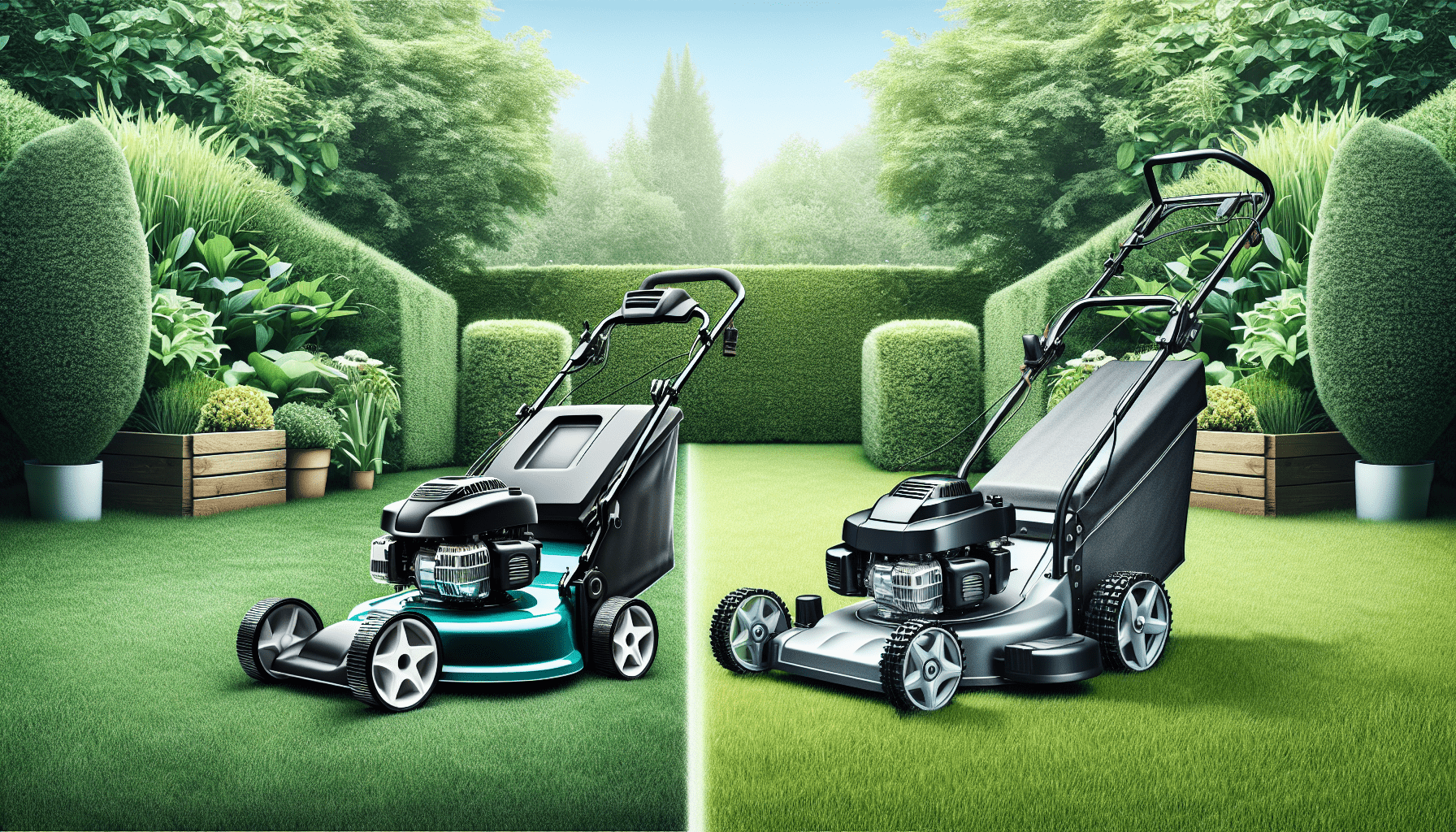
Welcome to a detailed comparison of electric vs. gas-powered lawn mowers.
In this article, you will explore the differences between these two popular choices, as well as cordless and manual options. By examining the pros and cons of each type, you will be able to make an informed decision on which lawn mower is best suited for your yard maintenance needs.
Let’s dive in and find out which option is right for you! Have you been thinking about investing in a new lawnmower, but are unsure whether to go with an electric or gas-powered option? Making the right choice can save you time, money, and energy in the long run. In this article, we will compare the different types of lawnmowers available – electric, cordless, gas-powered, and manual – to help you make an informed decision that suits your needs and budget.
Electric Lawn Mowers
Electric lawnmowers are becoming increasingly popular due to their eco-friendly nature and ease of use. They are powered by electricity, which means you will need access to a power outlet or an extension cord to operate them. Electric lawnmowers are suitable for small to medium-sized lawns and are relatively lightweight, making them easy to manoeuvre.
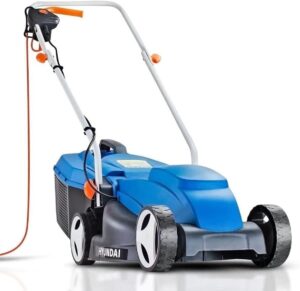
Benefits of Electric Lawn Mowers
Electric lawnmowers are quieter than gas-powered mowers, making them ideal for residential areas where noise pollution may be a concern. They also produce zero emissions, reducing your carbon footprint while maintaining a clean and healthy lawn.
Drawbacks of Electric Lawn Mowers:
One of the main drawbacks of electric lawnmowers is the limitation of the cord length, which can restrict your movement and reach while mowing. Additionally, electric lawnmowers may not be as powerful as gas-powered models, making them less suitable for large or overgrown lawns.
Cordless Lawn Mowers:
Cordless lawnmowers offer the convenience of electric mowers without the limitation of a power cord. They are powered by rechargeable batteries, allowing you to move freely around your lawn without being tethered to an outlet. Cordless lawnmowers are lightweight and easy to maneuver, making them an excellent choice for small to medium-sized lawns.
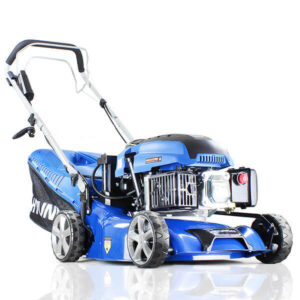
Benefits of Cordless Lawn Mowers:
Cordless lawnmowers provide the freedom to mow your lawn without the hassle of dealing with cords. They are environmentally friendly and produce zero emissions, making them a sustainable choice for eco-conscious homeowners. Additionally, cordless lawnmowers are quiet, ensuring a peaceful mowing experience for you and your neighbors.
Drawbacks of Cordless Lawn Mowers:
The main drawback of cordless lawnmowers is the limited battery life, which may require you to recharge the battery multiple times for larger lawns. Additionally, cordless mowers tend to be more expensive than electric or gas-powered models, making them less budget-friendly for some homeowners.
Gas-Powered Lawn Mowers:
Gas-powered lawnmowers have been a popular choice for many homeowners due to their power and versatility.
They are powered by gasoline, which means you can mow your lawn without being limited by a power cord or battery life. Gas mowers are suitable for all types of lawns, from small residential yards to large commercial properties.
Benefits of Gas-Powered Lawn Mowers:
Gas-powered lawnmowers are known for their power and efficiency, making them an ideal choice for thick or overgrown grass.
They can handle larger lawns and tougher mowing conditions with ease, providing a clean and precise cut every time. Gas mowers also offer the freedom to mow without being tied to an outlet or battery, allowing you to cover more ground in less time.
Drawbacks of Gas-Powered Lawn Mowers:
One of the main drawbacks of gas-powered lawnmowers is their noise level and emissions. Gas mowers tend to be louder than electric or cordless models, which may be a concern for noise-sensitive areas.
They also produce emissions that can contribute to air pollution, making them less environmentally friendly than electric or cordless options. Gas mowers also require regular maintenance, such as oil changes and spark plug replacements, which can add to their overall cost and upkeep.

Manual Lawn Mowers:
Manual lawnmowers, also known as reel mowers, are the oldest type of lawnmower available. They are powered by the user’s push and are entirely mechanical, making them a sustainable and eco-friendly choice for mowing your lawn. Manual mowers are suitable for small lawns and are lightweight and easy to store.
Benefits of Manual Lawn Mowers:
Manual lawnmowers are quiet, efficient, and environmentally friendly, making them an excellent choice for homeowners looking to reduce their carbon footprint. They are easy to maneuver and maintain, requiring minimal upkeep and no fuel or electricity to operate. Manual mowers provide a clean and precise cut, allowing you to achieve a well-manicured lawn without the hassle of cords, batteries, or gas.
Drawbacks of Manual Lawn Mowers:
One of the main drawbacks of manual lawnmowers is the physical effort required to push them, which can be challenging for some users, especially on hilly or uneven terrain. Manual mowers may also struggle with thick or overgrown grass, requiring more passes to achieve a clean cut. Additionally, manual mowers tend to be less efficient and slower than electric or gas-powered models, making them less suitable for large or busy lawns.
Conclusion:
Choosing the right lawnmower for your needs can make a significant difference in the quality of your lawn and the overall mowing experience. Whether you opt for an electric, cordless, gas-powered, or manual mower, each type has its unique benefits and drawbacks to consider.
Before making a decision, assess your lawn size, terrain, budget, and personal preferences to determine which type of lawnmower will best suit your needs. Remember to prioritize features such as power, efficiency, noise level, emissions, and maintenance when making your final choice. Happy mowing!
RHS Lawn Mowing Guide is a fantastic resource for making decisions.



